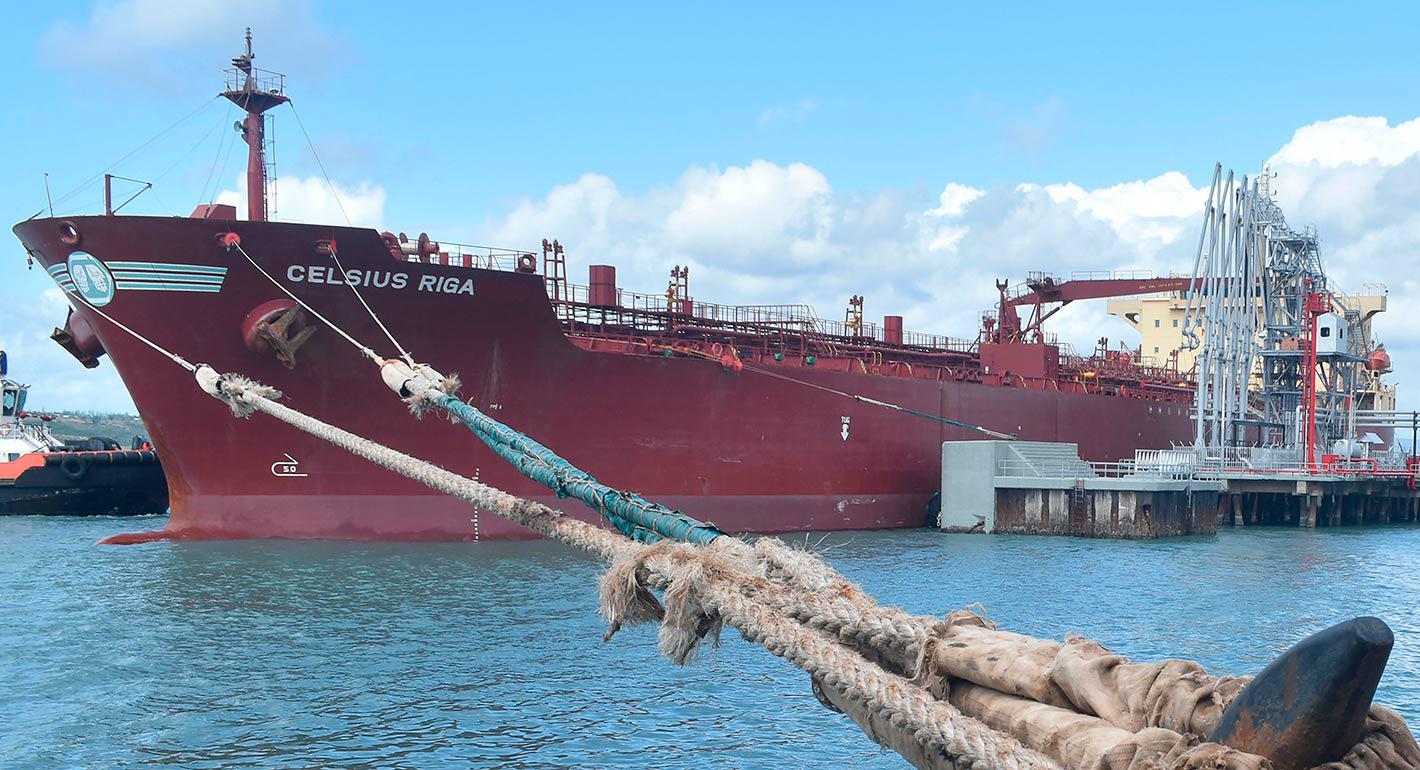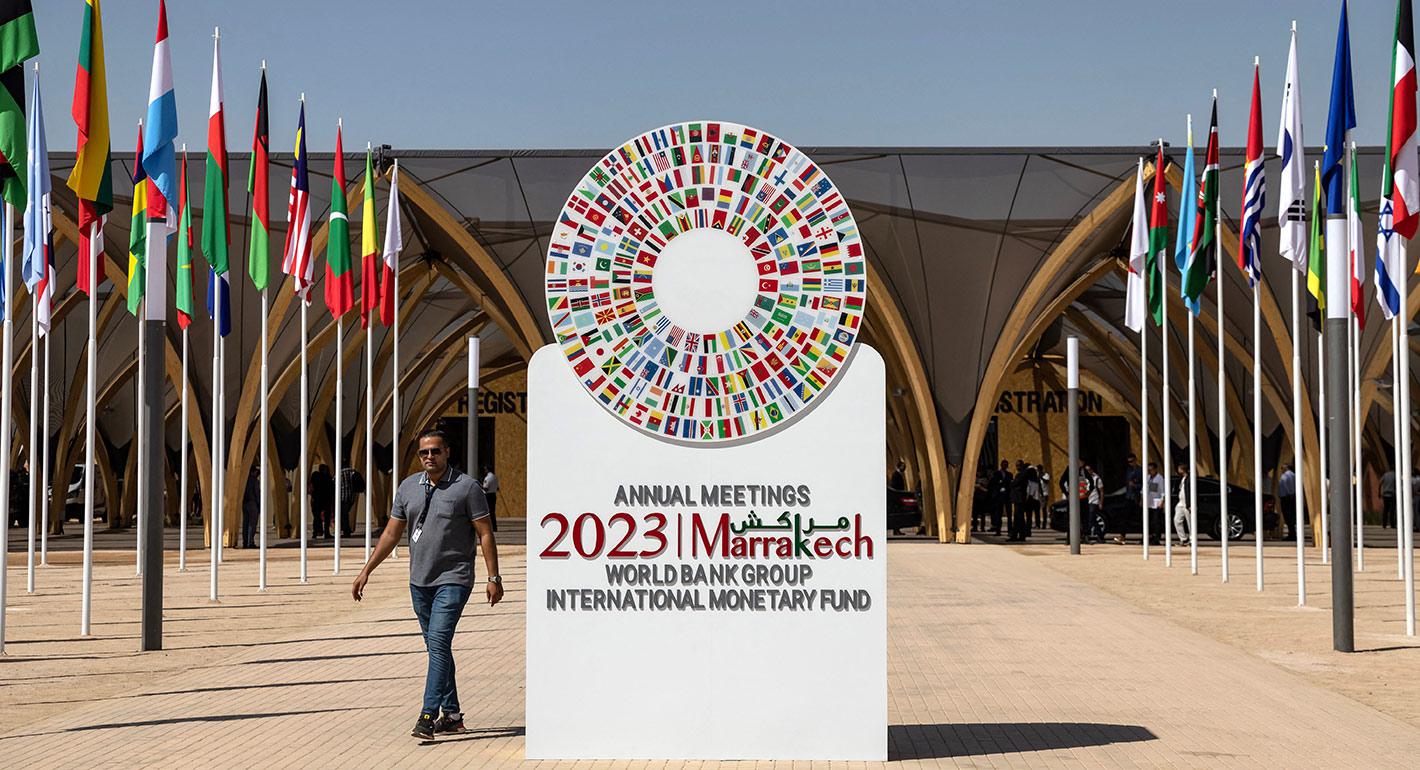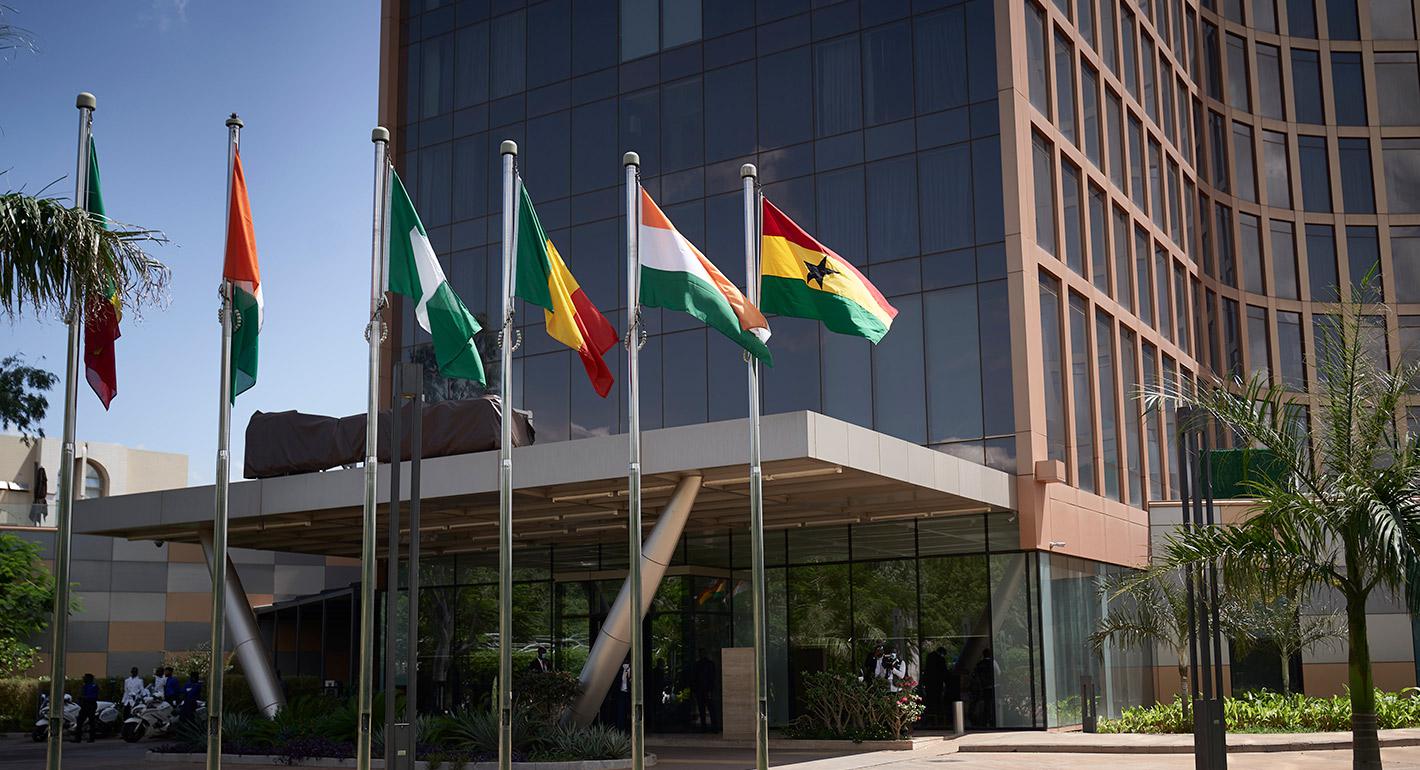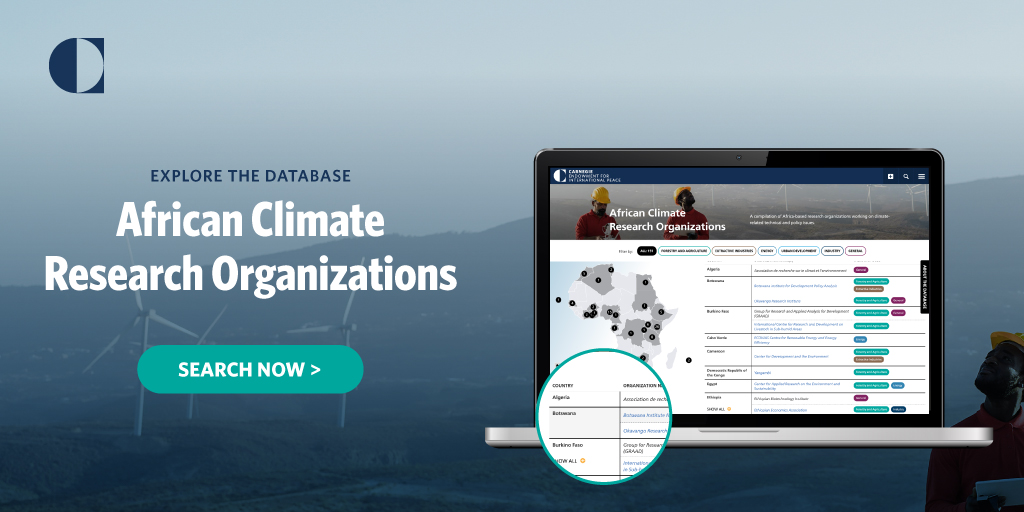The Africa Program focuses on economic, political, and transnational issues shaping Africa’s future. By conducting data-driven research, convening high-level dialogues, forging strategic partnerships, and amplifying African voices, the program addresses a crucial knowledge gap on Africa’s role in a changing global environment.
Program experts
Katie Auth
Nonresident Scholar, Africa Program
Anthony Carroll
Nonresident Scholar, Africa Program
Ramsey C. Day
Nonresident Scholar, Africa Program
Kholofelo Kugler
Nonresident Scholar, Africa Program
Nicolas Lippolis
Nonresident Scholar, Africa Program
Jane Munga
Fellow, Africa Program
Christian-Géraud Neema
Nonresident Scholar, Africa Program
Zainab Usman
Senior Fellow and Director, Africa Program
Gilles Yabi
Nonresident Scholar, Africa Program
Focus
Key Areas of Research
Focus
Key Areas of Research

Climate Change
The Africa Program’s Climate Change work examines the intersection of global decarbonization policies and innovations with Africa’s economic development priorities.

Climate Change
The Africa Program’s Climate Change work examines the intersection of global decarbonization policies and innovations with Africa’s economic development priorities.

Technology
The technology initiative at the Carnegie Africa Program seeks to provide policy makers and stakeholders with practical policy insights to bridge Africa’s digital divide and increase connectivity gains across the continent.

Technology
The technology initiative at the Carnegie Africa Program seeks to provide policy makers and stakeholders with practical policy insights to bridge Africa’s digital divide and increase connectivity gains across the continent.

Trade
Our work on trade examines the changing landscape of Africa’s trade relations and the implications of regional integration for export diversification and new trade agreements for access to global markets as well as the future of the Africa Growth and Opportunity Act.

Trade
Our work on trade examines the changing landscape of Africa’s trade relations and the implications of regional integration for export diversification and new trade agreements for access to global markets as well as the future of the Africa Growth and Opportunity Act.

Investments
The Africa Program’s Investments work analyzes how public and private investment flows can better support Africa’s economic resilience.

Investments
The Africa Program’s Investments work analyzes how public and private investment flows can better support Africa’s economic resilience.

External Relations
We examine the implications for Africa of the changing external strategies of major global actors and outline concrete policy recommendations towards mutually beneficial outcomes that advance international cooperation.

External Relations
We examine the implications for Africa of the changing external strategies of major global actors and outline concrete policy recommendations towards mutually beneficial outcomes that advance international cooperation.
The momentum for global climate action is accelerating. Despite having contributed only a fraction of total emissions, African countries stand to be disproportionately impacted by its effects. Furthermore, the race to net-zero will affect the market for natural resources, financial flows and clean energy technologies in Africa.
The Africa Program’s Climate Change work examines the intersection of global decarbonization policies and innovations with Africa’s economic development priorities. We focus on Africa’s efforts to address energy poverty, achieve economic diversification especially for fossil fuel producers, manage a new scramble for climate minerals, and finance a just transition to a low carbon future.
The momentum for global climate action is accelerating. Despite having contributed only a fraction of total emissions, African countries stand to be disproportionately impacted by its effects. Furthermore, the race to net-zero will affect the market for natural resources, financial flows and clean energy technologies in Africa.
The Africa Program’s Climate Change work examines the intersection of global decarbonization policies and innovations with Africa’s economic development priorities. We focus on Africa’s efforts to address energy poverty, achieve economic diversification especially for fossil fuel producers, manage a new scramble for climate minerals, and finance a just transition to a low carbon future.
Events from the Africa Program
Events from the Africa Program
Digital Feature
African Climate Research Organizations
A compilation of Africa-based research organizations working on climate-related technical and policy issues.

All work from Africa
filters
The Carnegie Africa Program, in partnership with the African Telecommunications Union will unveil the Africa Technology Tracker through demonstration of its capabilities, followed by a panel discussion on its impact.
- +2
- Aubra Anthony,
- Rob Floyd,
- Jane Munga,
- John Omo,
- Zainab Usman
China’s domestic situation and its engagement with Africa indicate a drastic shift in China’s checkbook diplomacy approach.
Although migration policy trends in Global North and South countries diverge, the two hemispheres both stand to benefit from a more open labor market and more cohesive global migration governance.
To better prepare for the forthcoming changes, we have invited officials from the previous Trump administration to offer their insight and suggestions on the future of U.S. policy towards Africa. Join the Carnegie Africa Program as we bring together officials who had served during the first Trump administration to offer initial insights into the incoming administration’s approach to Africa.
- +1
- Zainab Usman,
- Ramsey Day,
- Tibor Nagy,
- Francis Fannon
To safeguard its financial resources, the continent needs a cohesive strategy for promoting international tax cooperation.
The coming years offer Africa an immense opportunity to evolve from an AI consumer to an AI developer, but there is much to be done to realize this opportunity and ensure African participation in global agenda setting on AI.
What the 2024 U.S. election and a changing administration means for the African continent.
While Botswana has turned the corner toward a mature democracy, its problems will not disappear.
As Western nations slash aid to developing countries from their budgets, China is reaffirming its commitment to development financing in Africa.
A conversation on what the U.S. presidential elections might mean for Africa.
- +2
- Aubra Anthony,
- Rob Floyd,
- Jane Munga,
- John Omo,
- Zainab Usman
- +1
- Zainab Usman,
- Ramsey Day,
- Tibor Nagy,
- Francis Fannon






-1.jpg)


.jpg)
.jpg)
